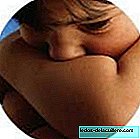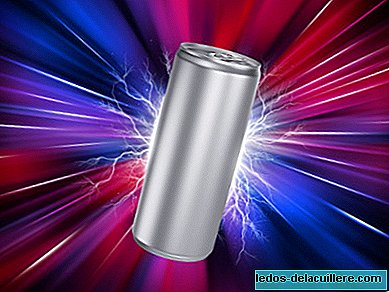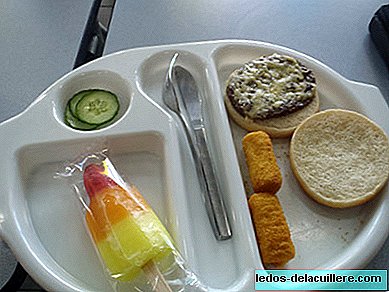
Research conducted by Professor Simon Baron Cohen of the University of Cambridge links the brain of scientists with autism.
The author labels scientists as "systemizers", characterized by a high capacity for analytical thinking, but on the other hand they are less interested in the social side of life and being obsessed with the details, features present in autistic. The researcher argues that "systemizers" are often attracted to each other and when they join together they are more likely to pass "autism" genes to their offspring. The research tries to explain the increase in cases of autism that are diagnosed, the researcher believes that the union of scientific partners is higher now. Professor Baron-Cohen said that the rise in autism cases could be linked to the fact that in our day it is easier for systemizers to meet each other, with the advent of international conferences, major job opportunities and more. Women who work in these fields.
In a review of 1,000 members of the National Autism Society, it was found that autistic children have more parents or grandparents "systemizers." In addition, students in the natural sciences have a higher number of relatives with autism than students in humanistic and social careers, and mathematicians have a higher rate of autistic spectrum conditions compared to the general population.
The study has already begun to cause controversy among those engaged in science.












